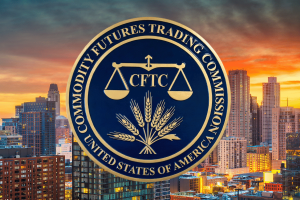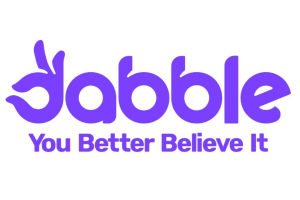
Apple endeavored to evade regulation under the European Union’s Digital Markets Act (DMA) with the unexpected assertion that it provides three separate web browsers, all called Safari. Despite the tech giant’s promotional materials emphasizing the consistency of Safari browsers across various devices, Apple argues that its browsers are unique from one another. In a bold attempt to dodge the restrictive measures of the DMA, Apple seeks to draw distinctions between the Safari browsers on its macOS, iOS, and iPadOS platforms. The company insists that these versions are essentially separate entities, hoping this distinction will help them sidestep regulations to prevent monopolistic practices in digital markets.
Apple’s multiple app stores and digital regulations
Additionally, Apple stated that it operates five distinct app stores and five different operating systems. The company aimed to show that, except for iOS, these components do not meet the European regulations’ usage threshold for oversight, thereby posing no risk to competitiveness — but Brussels didn’t buy it. Apple emphasizes that the other four app stores and operating systems are less dominant in the market compared to iOS, thus highlighting the absence of monopolistic behavior. The tech giant also claims that their inclusive approach supports the growth and innovation of various applications, promoting a healthy competitive environment in the industry.
European Commission’s enforcement of EU digital
In September, the European Commission subjected several large technology firms, including Apple, to the DMA, giving them half a year to conform to legal responsibilities intended to curb the influence of major tech platforms and promote a competitive market. As a result of these legal responsibilities, tech giants will be required to alter their business practices to ensure fair competition for smaller companies and overall market balance. The DMA enforcement aims to create a more diverse and innovative digital ecosystem, providing consumers with wider choices and healthier options.
Apple’s gatekeeper status
Apple was designated a gatekeeper in three primary platform services: iOS operating systems, App Store online mediation services, and Safari web browsers. Consequently, it is expected that, by March 2024, Apple will permit third-party app stores in Europe to function with iOS and browser engines other than Safari’s WebKit. This decision marks a significant shift in Apple’s long-standing policy of maintaining complete control over its ecosystem. As a result, developers and users will have access to a wider variety of apps and browser options, potentially ushering in a new era of innovation and competition in the European market.
Featured Image Credit: Photo by Matheus Bertelli; Pexels; Thank you!
Source link




